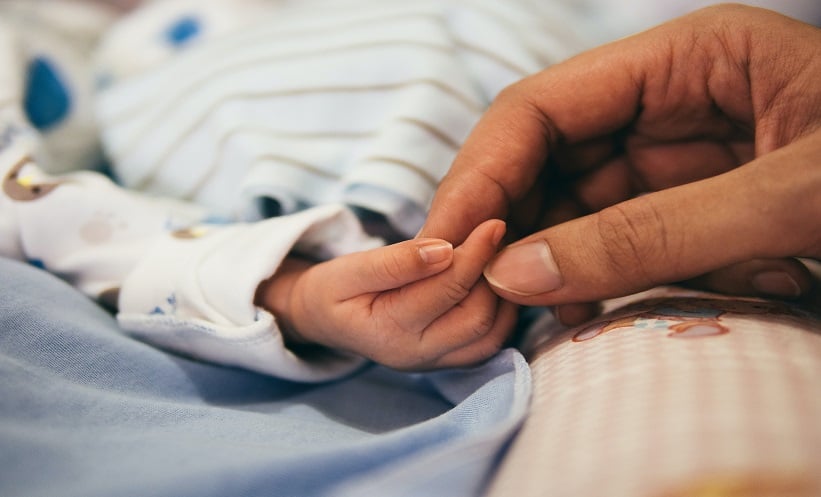NEARLY one in ten patients with breast cancer are of child-bearing age, presenting a risk of becoming infertile as a result of chemotherapy. A recent study has shown that individuals undergoing fertility preservation alongside chemotherapy are not at an increased risk of disease recurrence or disease-specific mortality.
Although chemotherapy treatment for breast cancer can reduce fertility and decrease the likelihood of being able to bear a child, many patients refuse fertility preservation due to concerns that the techniques will increase their risk of cancer recurrence and death. These methods include cryopreservation and the freezing of embryos, oocytes, and ovarian tissue, with the hope of having children post-chemotherapy treatment. Researchers from Karolinska Institutet (KI), Solna, Sweden, investigated the effects of fertility preservation on chemotherapy treatment in patients with breast cancer, and specifically whether this led to an increased risk in cancer recurrence and mortality.
The study included a registry of 1,275 females of childbearing age who were treated for breast cancer between 1994–2017. Within this age-matched cohort, 425 patients had fertility preservation procedures, with a control group of 850 patients who underwent treatment without fertility preservation. Results showed that, over a 5-year period, 89% of patients that opted for hormonal fertility preservation alongside chemotherapy did not experience a relapse in breast cancer. This observation was also noted in 83% of patients who chose ovarian tissue freezing, and 82% who did not undergo fertility preservation.
Regarding mortality, the study saw a 96% survival rate in patients who underwent hormonal fertility preservation, 93% in those who opted for non-hormonal preservation, and 90% in the group that did not choose fertility preservation. Kenny Rodriguez-Wallberg Leader of the Department of Oncology-Pathology, KI, and Chief Physician, at Karolinska University Hospital, Stockholm, Sweden, noted: “This is valuable information that can contribute to changed care routines when it comes to young women with breast cancer who want to preserve their fertility.”
The authors look to follow up on this study with further research following another 5-year period.








